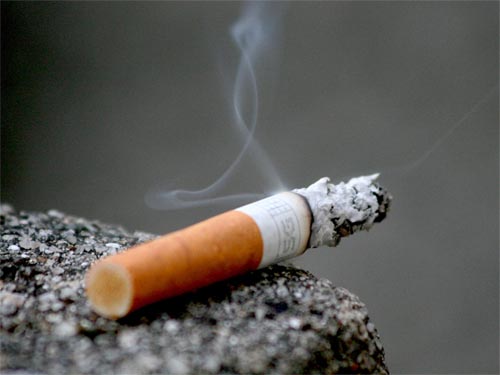
THERE is a worrying trend of increased incidences of alcohol-related violence in Zimbabwe, which is also one of the countries with a huge burden of under-age smoking.
BY PHYLLIS MBANJE
In response to the social challenge, a group of students from the University of Zimbabwe, under the Delta BOOST Fellowship, will hold a campaign aimed at raising awareness on alcohol abuse and its effects.
Currently, domestic violence is rampant in the nation, with over a third of the cases reported to the police being alcohol-related.
The Delta Boost UZ, which is a youth-based, civic engagement non-profit international entrepreneurship organisation, will use the campaign to also tackle issues of alcohol and pregnancy, binge drinking and illicit brews.
“We aim to raise awareness to alcohol consumers to limit the amount of alcohol they take as this has serious repercussions with regards to family dynamics,” one of the organisers of the campaign Deliverance Chikwakwanyi said.
The target groups are expecting mothers and females of child-bearing age.
There is no safe amount of alcohol consumption when pregnant. And the stance for the campaign is “NO” to alcohol during pregnancy.
- Chamisa under fire over US$120K donation
- Mavhunga puts DeMbare into Chibuku quarterfinals
- Pension funds bet on Cabora Bassa oilfields
- Councils defy govt fire tender directive
Keep Reading
Research has indicated that pregnant women drink due to a variety of reasons such as depression, poverty and negligence by their partners, which has become a common norm in Zimbabwe.
Alcohol consumption during pregnancy causes foetal alcohol syndrome, which results in a substantial risk of lifelong physical and psychological harm to a child.
“Furthermore, female alcohol consumers should be wary of their birth control measures as half of the expecting mothers drink before they know that they are pregnant,” Sharon Mlambo, who is also part of the youth group, said.
On the issue of binge-drinking, the target groups are the youth and all alcohol consumers who binge-drink.
Binge-drinking is exceeding the amount of standard drinks in a short period of time.
It poses serious health risks such as alcohol poisoning and neurological damages.
“Through our campaign, we hope to raise awareness to people on the standard amount of drinks they should have in a short period of time so as to avoid binge drinking,” Mlambo said.
Binge-drinking also results in risky behaviour such as violence, unprotected sex and drunk-driving.
The practice also results in reckless spending, where the youth waste most of their money on alcohol than for them to be focusing on personal development.
“We initiated an Ethics Cup Tournament, which will be held annually at the University of Zimbabwe. We distributed fliers and educated people who came to our stand on our thematic areas. It was a successful event.
The group has attended several events where they raised opinions and encouraged women to speak up on issues of domestic violence.
Cases of mental illness among young people have been increasing at an alarming rate, with Chitungwiza Central Hospital revealing that over 60% of its mental patients are within that age group.
What is most peculiar about these cases is that the bulk of them are not linked to any genetic disorder, but a result of drug abuse, which has become rampant among young people.
The hospital’s public relations officer, Nyaradzai Tasaranarwo, said abuse of substances was one of the major causes for this problem, which is not only prevalent in Chitungwiza, but countrywide.
“They use drugs like Broncho [Broncleer], Zed and cannabis,” she said.
On why this was happening, Tasaranarwo said the reasons varied, but for the out-of-school youth, it was due to unemployment.
“Many do not have jobs and have nothing else to do other than indulge in drug abuse. There are no recreational facilities to keep them busy,” she explained.
For the school-going age, it is mostly peer pressure and also lack of recreational facilities to keep them occupied during school holidays.
“All these housing projects are taking up all the space and no one is bothering with facilities for the young people,” she said.











